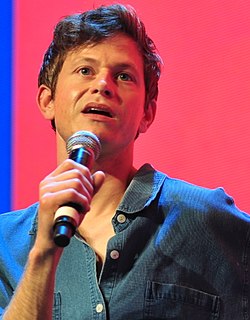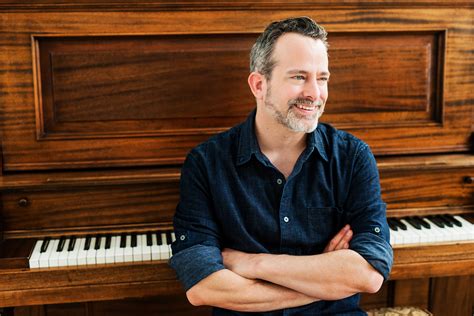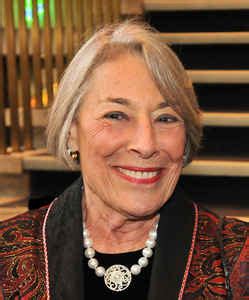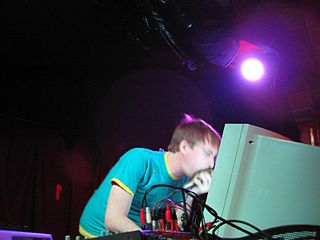A Quote by Jonathan Lethem
So much of the effort that goes into writing prose for me is about making sentences that capture the music that I'm hearing in my head. It takes a lot of work, writing, writing, and rewriting to get the music exactly the way you want it to be.
Related Quotes
I know I'll keep writing poems. That's the constant. I don't know about novels. They're hard. It takes so much concentrated effort. When I'm writing a novel it's pretty much all I can do. I get bored. It takes months. Movies do the same thing. It's all-encompassing. It feels like I'm going to end up writing poems, short stories and screenplays.
If I'm not writing, I can download a newer album everybody's making a fuss about. But when I'm writing, I keep myself in my own zone - I worry about listening to new music that'll inform me too much. I'm the kind of person who goes to another country and starts speaking in an accent after three days.
A book, at the same time, also has to do with what I call a buzz in the head. It's a certain kind of music that I start hearing. It's the music of the language, but it's also the music of the story. I have to live with that music for a while before I can put any words on the page. I think that's because I have to get my body as much as my mind accustomed to the music of writing that particular book. It really is a mysterious feeling.
My books are based on the "what if" principle. "What if you became invisible?" or "What if you did change into your mother for one day?" I then take it from there. Each book takes several months in the long process of writing, rewriting, writing, rewriting, and each has its own set of problems. The one thing I dislike about the writing process is the sometimes-loneliness of it all. Readers only get to see the glamour part of a bound book, not some of the agonizing moments one has while constructing it.
Everybody has their own approach to songwriting. When you're an electronic musician, the whole writing process just depends. Some people have a very live way of writing electronic music, very improvisational. They set up a lot of gear and do live takes. I'm concerned with having a specific kind of sound. There's not one second that I haven't put thought into. I put almost as much time into my live shows as I do into writing music, but they're two completely different processes. Some people think the way I perform live is how I write songs, which isn't true at all.
I can work a lot faster when I'm writing a screenplay than when I'm writing a play because, if I'm having a problem with a scene or something, I can just be writing it in a way where there's no dialogue, or find a way to make sound do the work that I want to do or a close-up do the work that I need to do.
Write all the time. I believe in writing every day, at least a thousand words a day. We have a strange idea about writing: that it can be done, and done well, without a great deal of effort. Dancers practice every day, musicians practice every day, even when they are at the peak of their careers – especially then. Somehow, we don’t take writing as seriously. But writing – writing wonderfully – takes just as much dedication.







































